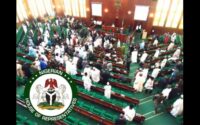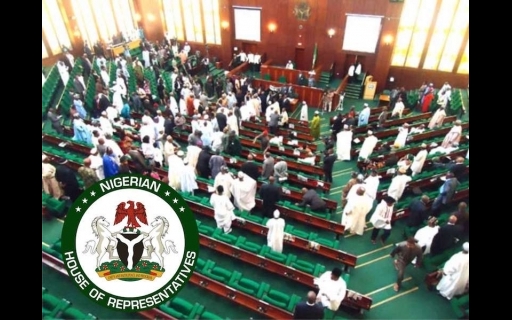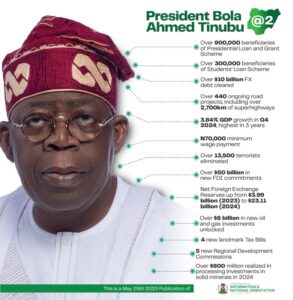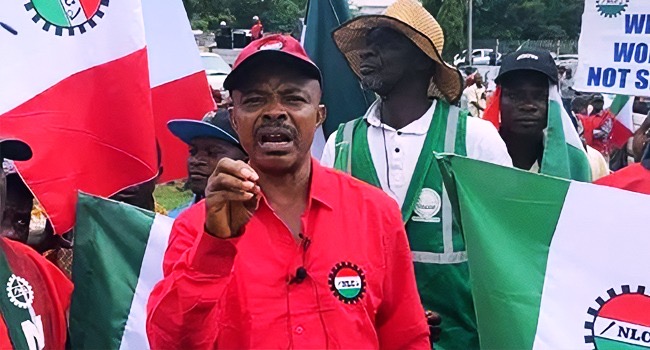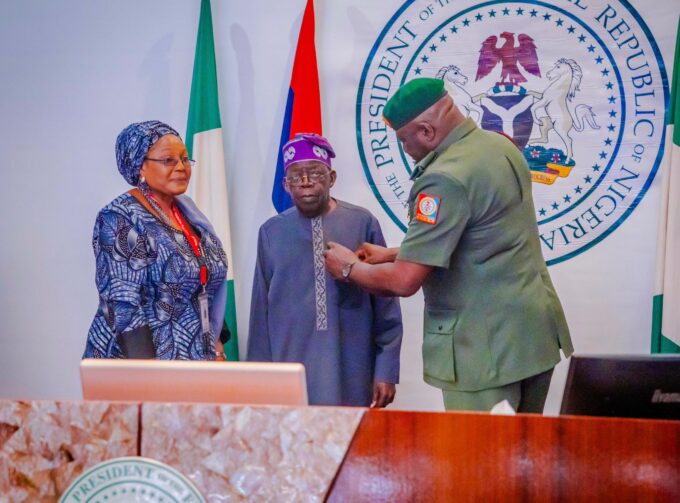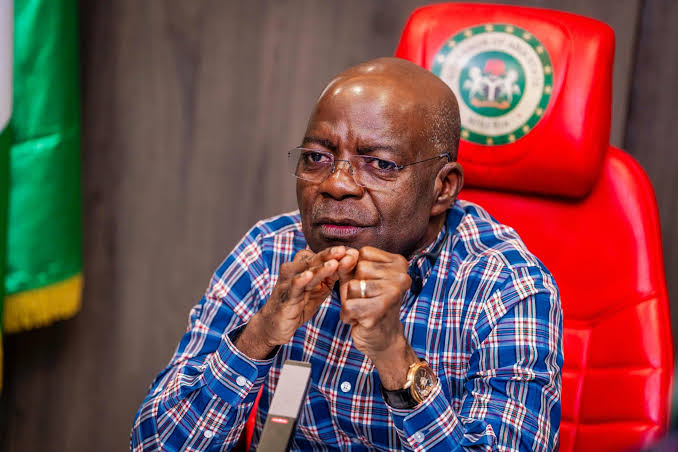The House of Representatives on Tuesday called for a probe into the management of over $4.6bn in international health grants provided to the country provided to Nigeria between 2021 and 2025 by the Global Fund and the United States Agency for International Development by the Global Fund and the United States Agency for International Development.
The funds target major public health issues such as HIV/AIDS, tuberculosis, malaria, and polio, as well as efforts to strengthen Nigeria’s overall health system.
Recall that Non-governmental organisations and civil society groups have consistently called for greater transparency and accountability in managing international health aid, despite Nigeria’s ongoing struggle with preventable diseases.
Since Nigeria’s return to democracy, it has been a major beneficiary of global health interventions aimed at reducing infectious diseases.
The Global Fund to Fight AIDS, Tuberculosis, and Malaria, founded in 2002, has mobilised global resources for this cause, especially in sub-Saharan Africa.
Similarly, USAID and the U.S. President’s Emergency Plan for AIDS Relief (PEPFAR) have invested heavily in Nigeria’s healthcare sector, providing financial and technical assistance.
The resolution followed the adoption of a motion sponsored by Amobi Ogah during Tuesday’s plenary and read by the House Deputy Spokesman, Mr Philip Agbese.
Ogah, a Labour Party chieftain from Abia State, argued that despite the steady donor support, “Nigeria remains one of the countries with the highest rates of malaria, HIV/AIDS, and TB globally.”
The lawmaker questioned the impact of these interventions and stressed the urgent need for improved oversight and monitoring of the funds.
“Nigeria received about $1.8bn from the Global Fund between 2021 and 2024, primarily to enhance disease control and strengthen the Resilient and Sustainable Systems for Health initiative.
“The Country Coordinating Mechanism (CCM–Nigeria) implements Global Fund programmes, while the Federal Ministry of Health and Social Welfare manages USAID-funded interventions.
“USAID provided more than $2.8bn to Nigeria during the same period to support HIV/AIDS, TB, malaria, and other community health programmes.
“PEPFAR alone has invested over $6bn in Nigeria’s HIV/AIDS response since inception, yet alarming public health statistics persist,” he lamented.
The lawmaker, who cited recent figures showing Nigeria recorded 51,000 AIDS-related deaths in 2023, including 15,000 children aged 0–14, making it the third highest globally, also added Nigeria bears 26.6% of global malaria cases and 31% of malaria deaths, ranking first in Africa and sixth worldwide for tuberculosis, accounting for 4.6% of global TB burden.
“These realities show that despite billions in aid, Nigeria continues to grapple with preventable diseases. There is an urgent need to ensure proper fund utilisation and measurable results,” he said.
The House mandated its Committee on HIV/AIDS, Tuberculosis, and Malaria Control to investigate the utilisation of funds from the Global Fund and USAID from 2021 to 2025.
The Committee has four weeks to submit its report for further legislative action.




